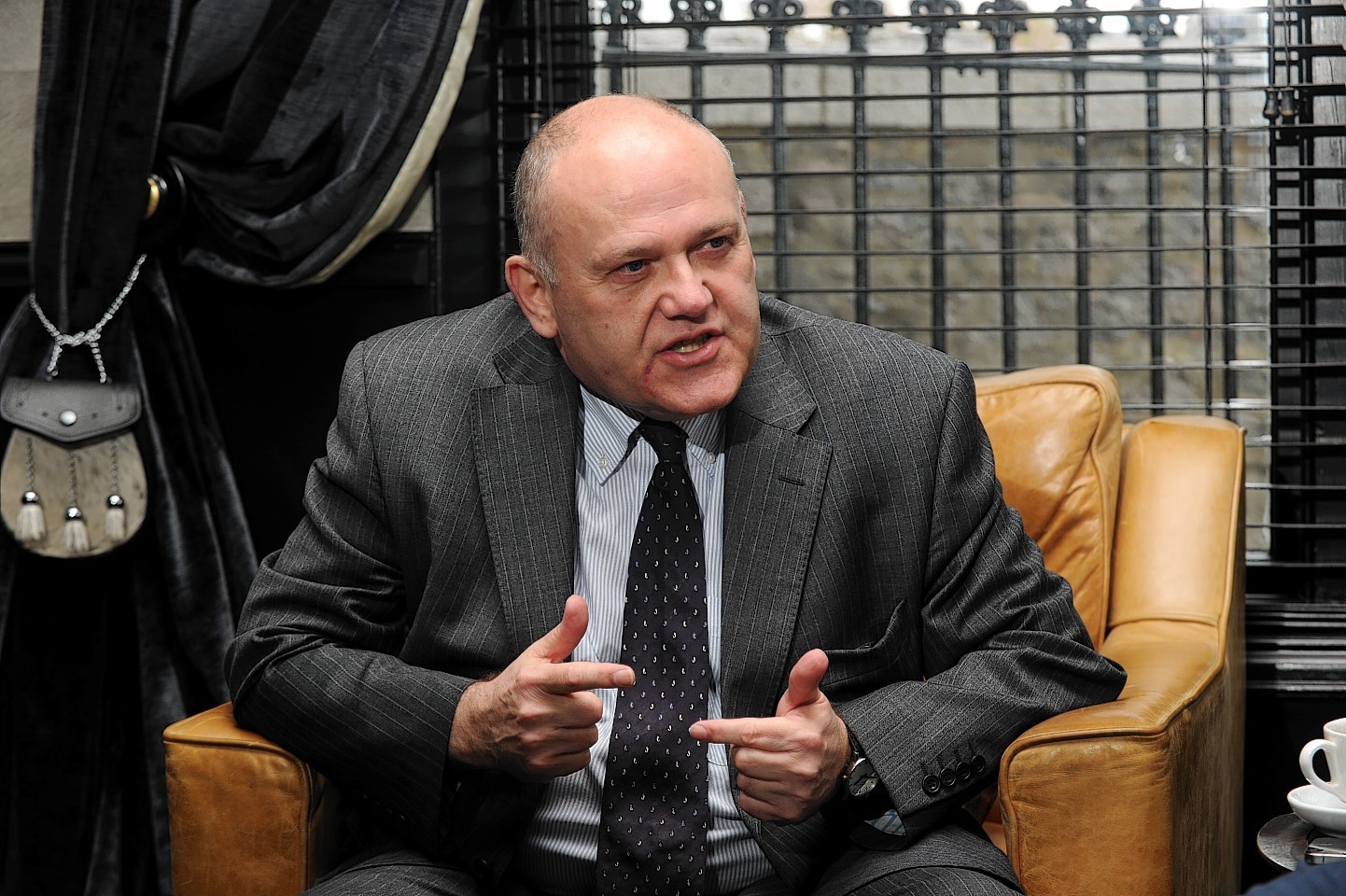Aberdeen’s former council leader has hit back at claims from his Conservative coalition partners that the ruling Labour group’s urge to spend had to be “reined in”.
Tory Ross Thomson said in an interview with the Press and Journal that his party, which entered into a power-sharing deal with Labour and the Independent Alliance after the 2012 local elections, had made its mark on the finances of the city by holding back the “excesses” of the administration.
But Barney Crockett, who was replaced as the political head of the authority by Labour colleague Jenny Laing last month, denied his party had been anything other than prudent.
He said: “Labour has been exceptional in the city in terms of being responsible financially.
“We have been very conscious not to make unrealistic spending promises of the sort that we see from the SNP in government.
“Labour has to make sure that the poorer communities get the support they need, while also providing support for the business community.
“I think this coalition has brought stability, which was needed, by working together, but we have to be very careful about the rhetoric used.”
Mr Thomson, who is now the sole recognised Scottish Conservative councillor in Aberdeen following the resignation of leader Fraser Forsyth and the expulsion of Alan Donnelly, has insisted he can continue to have a strong influence within the coalition.
He said the Tory’s strength had come to the fore in budget negotiations behind the scenes over the past two years.
The administration has balanced the books without any new cuts to services or compulsory redundancies.
Mr Thomson said: “We have shown our Conservative fiscal responsibility, reining in the excesses of a Labour party that always wants to spend, and I think we’ve really made our mark on the finances of the city.”
Mr Crockett, meanwhile, noted that the unusual pairing of Labour and the Conservatives in Aberdeen could now be reflected across Europe, following the results of the recent parliamentary elections in May.
A number of anti-EU and right wing groups won a large share of the vote, including the National Front in France, meaning the left of centre parties in Brussels will have to work more closely with those on the right.
“It is new and difficult territory to be in,” he added.
